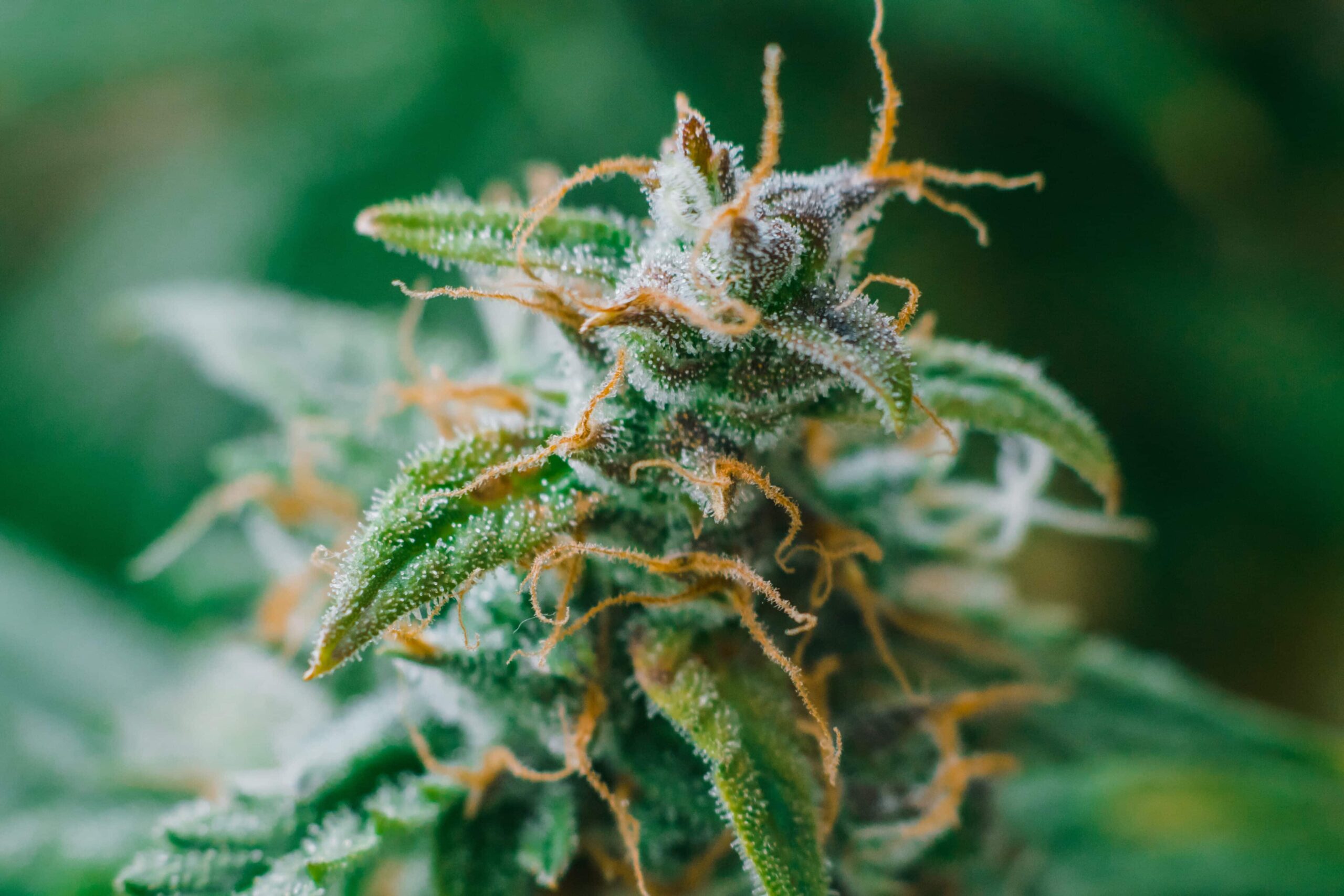
Arkansas Hemp Firms File Lawsuit Against Delta-8-THC Ban
A group of hemp companies has filed a lawsuit challenging a new Arkansas law banning hemp-derived psychoactive cannabinoids, including delta-8-THC, arguing that the law violates provisions of the 2018 Farm Bill that prohibit hemp cultivation legalize. The lawsuit, filed Monday by four hemp companies in federal court in Little Rock, seeks an injunction blocking Law 629, a law banning psychoactive cannabinoids derived from hemp that went into effect Aug. 1.
Law 629 prohibits the production and sale of products containing delta-8, delta-9, and delta-10 THC and other variations of cannabinoids in the state of Arkansas. Such products have been legal under federal law since 2018, when this year’s Farm Bill legalized hemp containing less than 0.3% Delta-9 THC. Despite its low delta-9 THC content, other psychoactive cannabinoids can be extracted from hemp, and hemp-derived CBD can be processed into psychoactive cannabinoids in a laboratory.
The four plaintiffs in this case include a manufacturer, a wholesaler, a distributor and a retailer of hemp products that would be affected by the ban. They are asking the court to block Law 629 on the grounds that the law is inconsistent with the US Constitution’s commerce and supremacy clauses and violates the 2018 Farm Bill.
“The plaintiffs have been and continue to be harmed by Act 629,” the complaint states, according to a report in the Northwest Arkansas Democrat-Gazette, “due to their inability to ship hemp-derived cannabinoid products into and through Arkansas.” federal law declared legal.”
Federal court ruled Delta-8 legal in 2022
Last year, the Ninth Circuit Circuit Court of Appeals issued judgment in a trademark case in which the legality of delta-8-THC was a key factor. The court confirmed that delta-8-THC is legal under the 2018 Farm Bill.
“Regardless of how wise it is to legalize delta-8 THC products, this court will not substitute its own political judgment for the judgment of Congress,” the Court of Appeals wrote in its ruling. “If … Congress inadvertently created a loophole to legalize vape products containing delta-8 THC, then it’s up to Congress to fix that mistake.”
The plaintiffs in this case are Bio Gen, LLC of Fayetteville; Drippers Vape Shop, LLC of Greenbrier; The Cigarette Store LLC of Colorado, trading as Smoker Friendly; and Sky Marketing Corporation of Texas, doing business as Hometown Hero. Drippers is a retailer of hemp products, including non-psychoactive CBD and the hemp-derived psychoactive substances Delta-8 and Delta-9 THC, and has stores in the communities of Greenbrier, Cabot, Hot Springs, El Dorado and Benton, according to a report the Arkansas Times.
The named defendants in the lawsuit are the State of Arkansas, Gov. Sarah Huckabee Sanders, Attorney General Tim Griffin, the Arkansas Departments of Treasury and Administration, the Arkansas Tobacco Control Board, the Arkansas Department of Agriculture, the State Plant Board and the prosecutors of the 28 judicial districts of the state.
Abtin Mehdizadegan, the plaintiffs’ lead counsel, says his clients tried to avoid legal action before Law 629 went into effect.
“Our lawsuit seeks federal court in the Eastern District of Arkansas to bar Law 629 in its entirety because it unconstitutionally restricts the definition of hemp-derived products in violation of the Farm Bill of 2018 and improperly restricts the transportation and shipping of those products .” Mehdizadegan wrote in an email. “Before the bill went into effect, we had extensive discussions with the defendants during the 2023 legislature as the bill progressed through the legislative process.”
“We also testified before a House subcommittee to explain the constitutional flaws in the original draft of Bill 629,” Mehdizadegan continued. “At the same time, we remain ready and willing to continue these discussions and would invite the State to sit down with us to reach a sensible solution.” We are not opposed to all forms of regulation and would support sensible policies that properly treat hemp-derived products for what they are: agricultural commodities.”
Cynthia Cabrera, chief strategy officer at Hometown Hero CBD, one of the plaintiffs in the case, said banning hemp-derived cannabinoids in Arkansas would hurt small businesses and hamper the growth of the state’s hemp industry.
“Small farmers, manufacturers and retailers have put their heart and soul into building heritage businesses around a federally legal product,” Cabrera said in a statement to the High Times. “Companies like Hometown Hero invested in Arkansas in part in reliance on the state’s stated public policy to position itself at the forefront of industrial hemp production, development and commercialization.” And overnight, the law turned 629 farmers into felons and retailers into drug dealers – all a violation of federal law. Ultimately, what we want is sensible regulation that allows businesses to thrive and thrive while providing adult consumers with access to safe, legal hemp products.”
Law 629 also contains provisions regulating psychoactive cannabinoids derived from hemp in the event the ban is overturned by the courts. Under the regulatory plan, wholesalers, distributors and retailers of the products would need to obtain a permit from Arkansas Tobacco Control, which costs $5,000 per year. Psychoactive cannabinoids derived from hemp would be legal, but the law would prohibit mixing the compounds with additives such as liquids, sweeteners, or other non-hemp products. Plaintiffs in the lawsuit are also challenging the regulatory plan, arguing that the rules place an undue burden on them and amount to a “regulatory expropriation” of their legal property, rendering it unusable.

Post a comment: